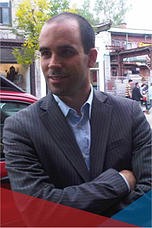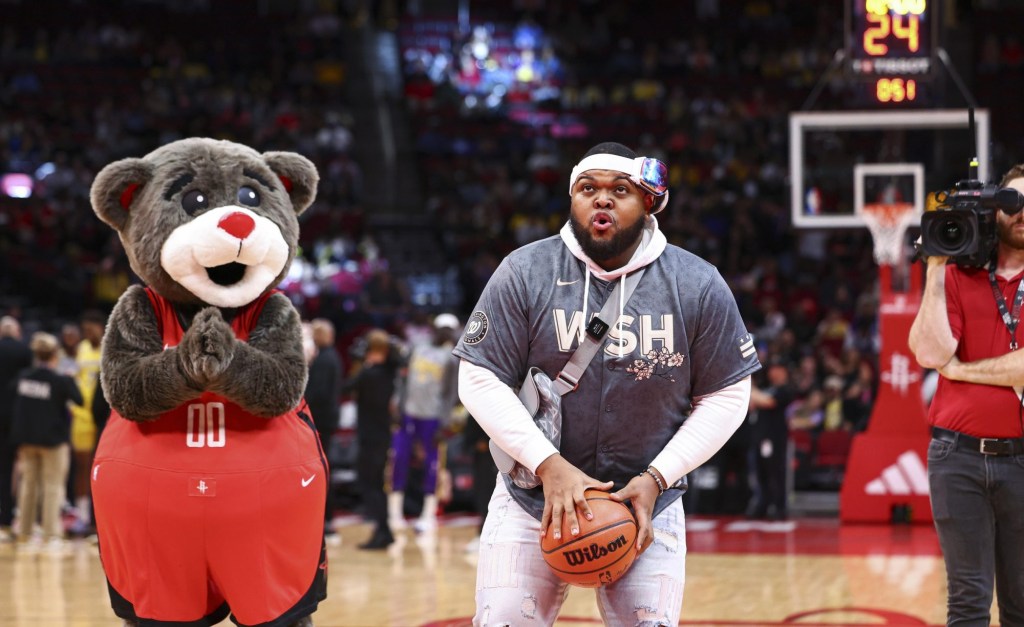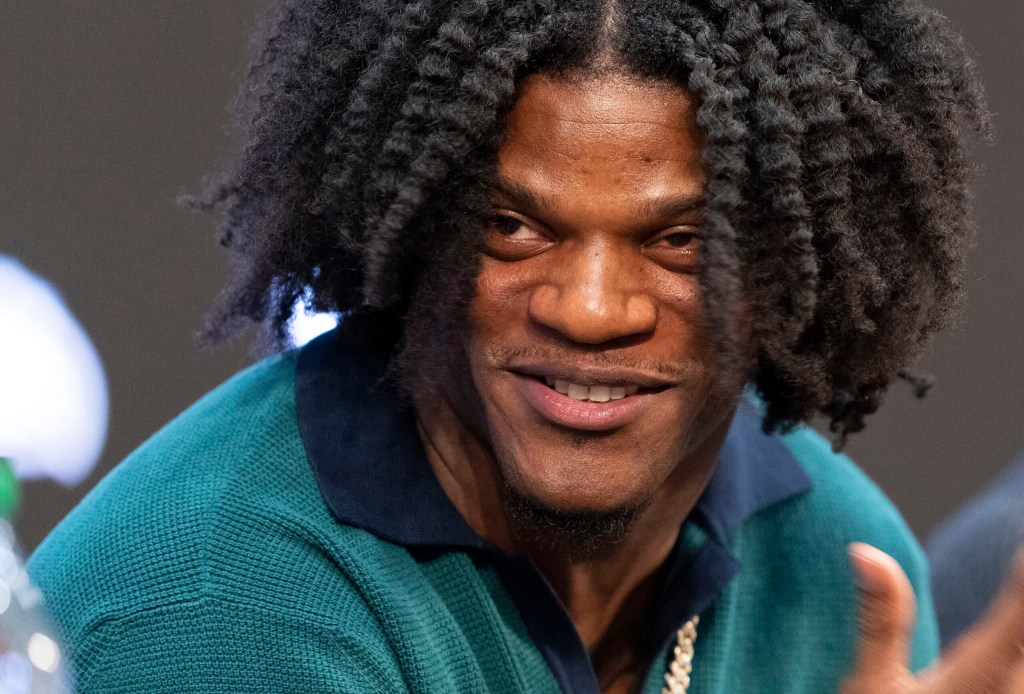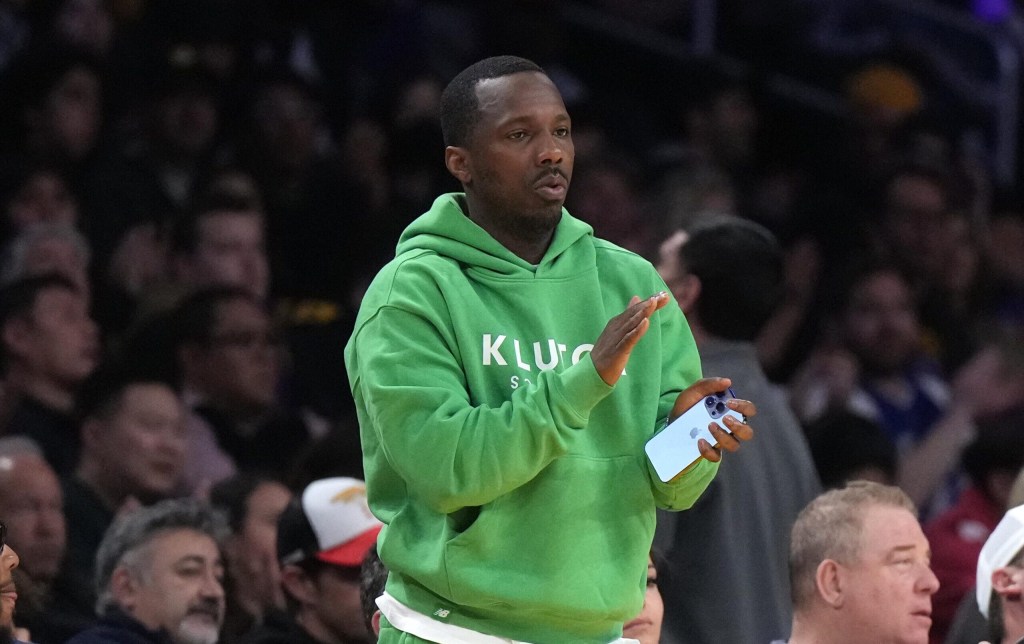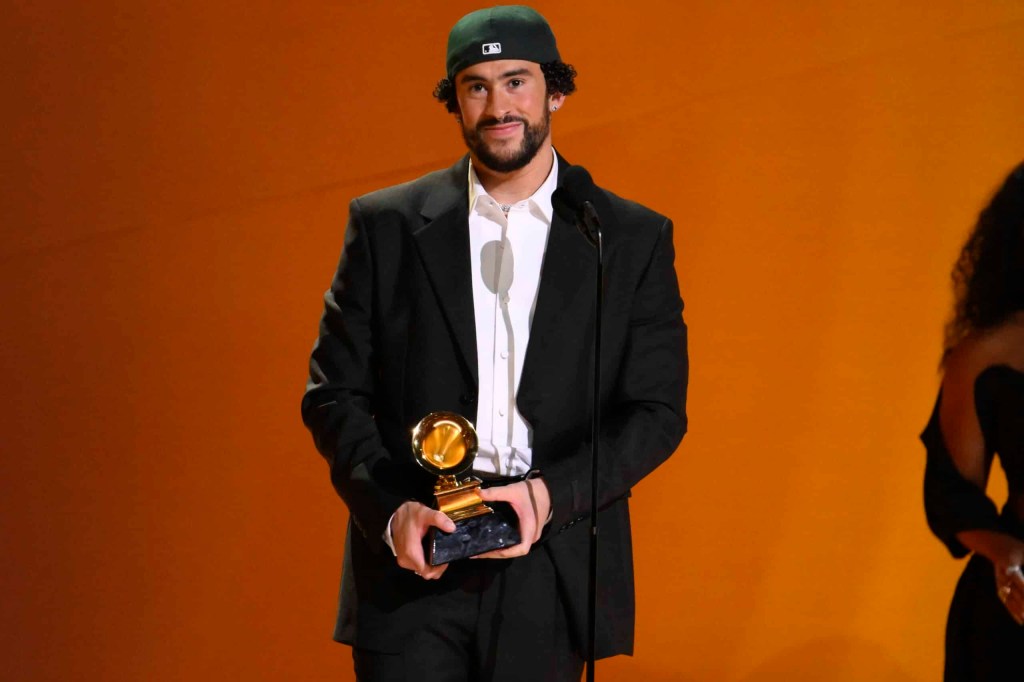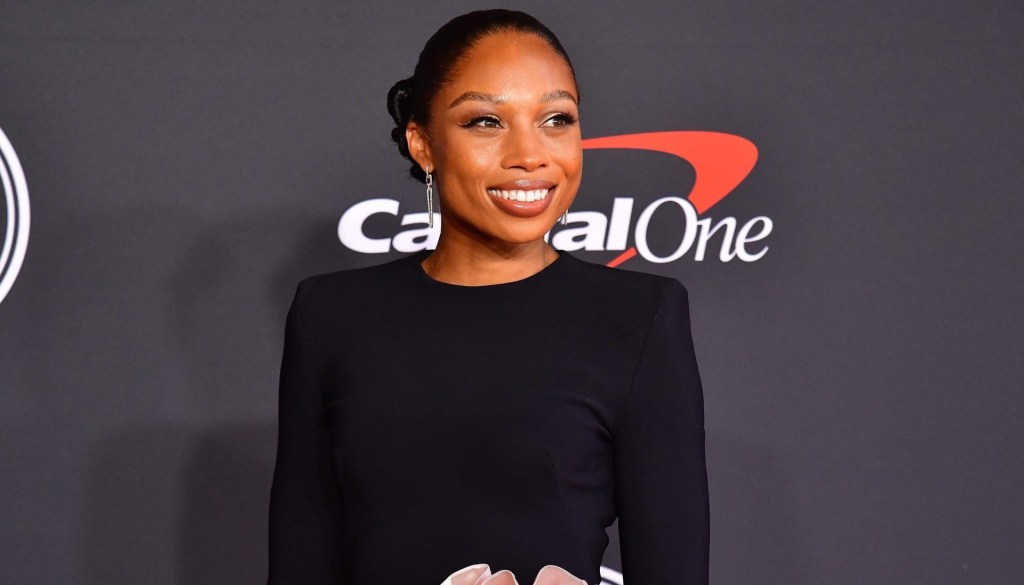By: Adam White, @FOSAdam

Front Office Sports is proud to have sat down with Kristopher Mychasiw, Founding Partner and COO of Sprint Management. He has been involved in sports marketing and management for over 10 years. During his career he has represented more than 40 athletes, both amateur and professional, as well as three global event properties with sponsorships, media as well as branding. He was gracious enough to offer up his insight on why being a former athlete can pay dividends in the professional world, how important it is to never quit and why relationships are so important.
What were your previous positions prior to your current position? How did those positions help you get to where you are today?
My route to where I am today is much different than many other executives in the sports business industry. As a college student athlete studying French and linguistics, I quickly
realized that I was destined to do something else with my life as I had great success with retail sales. In February 2004, I made a decision to start a business with my current business partner. He is a former Olympic Gold Medalist and I, a natural born hustler, embarked on a journey and opened up a small boutique athlete representation agency specializing in Track and Field. Our goal was simple, to provide optimum service to our clients. Whether it is marketing, media, sponsorships, partnerships, we took great pride in being a full service agency. Over the years, our client base has grown and we now manage upwards of 50 athletes in sports such as: track and field, boxing, MMA, bobsled and soccer as well as three global event properties.
What is the average day like for you as the COO of Sprint Management? What are the day-to-day challenges of your position?
Each day, new challenges present themselves, challenges that can be solved quite easily for
the most part, however once in awhile you get a curve ball thrown your way that requires much more effort and thought to come up with a possible solution. Like any job, my day changes quite quickly, one day I can be in Qatar with some of the track and field athletes I represent, the next I can be on my way back to North America for a commercial shoot with another client. That being said, it’s not all fun, it took a lot of work to build relationships and clients that get the opportunities to be involved in such things.
What drew you to being a part of the marketing and management aspects of sports?
I’ll never forget the day I watched Jerry McGuire, I said to myself I am sure I can do that, and as I got older I said to myself I know I can do that. I am an avid sports fan by nature, there’s not one sport I don’t like so to be involved with them as a career was my dream come true.
What is your favorite part about working in the sports industry?
My favorite part is simply the relationships you get to build over the years. In an industry that has taken me to more than 57 countries around the world, I have been fortunate to meet great people that I now call friends and obviously the opportunity to be at the events watching my clients perform, there’s a rush with that like no other. We win together, we lose together. At the end of the day, we are a family.
What is your greatest professional memory or highlight?
There’s been quite a few. I’ve had the great honor of working with many Olympic Medalists, this past 18 months.
One of my first female clients was Kaillie Humphries. She is now a two-time Olympic Gold Medalist. Combined with her performances and personality, we were able to brand and market her more than any other amateur athlete in Canada. She’s up for Athlete of the Year along with many other honors. To be on her team, has been truly special to me.
Another memory that I like to talk about, is convincing a 1500 meter runner I represent to step on the track in Rome, Italy and see how she feels and take it from there. She was looking to run a specific time to qualify for the Olympics and she was suffering from food poisoning. She looked terrible but, with a little pep talk, she decided to step on the track and go for it. The outcome was absolutely amazing; she qualified for the Olympics when many people doubted her. To be there with her was amazing, and something I will never forget.
Lastly, I worked with one of the best 400 meter runners in the world, Luguelin Santos. He was at a training camp in Gent, Belgium with his coach. I was in en route to the UK where we were supposed to meet. Prior to leaving Montreal, they mentioned they did not have their passports and new travel visas, as they were sent to Paris, France for processing at the UK Consulate. Upon my arrival on Valentine ’s Day, I took a quick nap then called my travel agent for an adventure I will never forget. What I learned, and pass on to people, is to never give up. There’s always a way and being polite goes a long way!
What are some tips you have for people who are trying to become successful in the sports industry specifically the marketing and managements aspects?
Don’t expect to be thrown into action from the get go. Many agencies, companies and organizations will make you start from the very beginning. Work hard and prove yourself, that’s’ the only way to gain trust, then more opportunities will come your way. Don’t give up when times are tough, success isn’t born over night. Learn to think fast and make well educated decisions.
How important is networking in your eyes?
It’s important to meet people no matter how you look at things, someone today who may be a student sitting next to you in a class room could turn out to be the head of a company one day. Once you have a strong network, it becomes a lot of fun introducing people to one another and discussing business options that benefit all parties.
What is the best career advice you’ve been given so far?
Someone once told me to quit. Now how is that career advice? Well, I took that advice in a positive way and let it fuel my motivation to success.
What is one thing you wish you would have known when you were starting out?
I knew what I was getting into coming from a sports background, the one thing I tell people who are looking to get into the sports business is that it’s not a 9–5 job, it’s not Monday to Friday. The sports industry is 7 days a week and, depending on your role within it, you can be on the road more than you are at home.
As far as the business aspect, what makes Sprint Management stand out from other companies?
We bring a personal approach to all that we do. We create a family based environment where we know all of our athletes we represent very well, as well as the people we do business with. Without sounding cliché, we go that extra mile to ensure that our clients only worry about their sport, and we look after the rest.
When looking at resumes of potential new hires, what is one thing that you always look for?
I look to see if they were on any sports teams. Athletes by nature need to have strong work ethic and dedication, to me those are two important elements when bringing in a new member to our team. I like people who are driven and self motivated, results speak for themselves so I also look at past work experiences.
